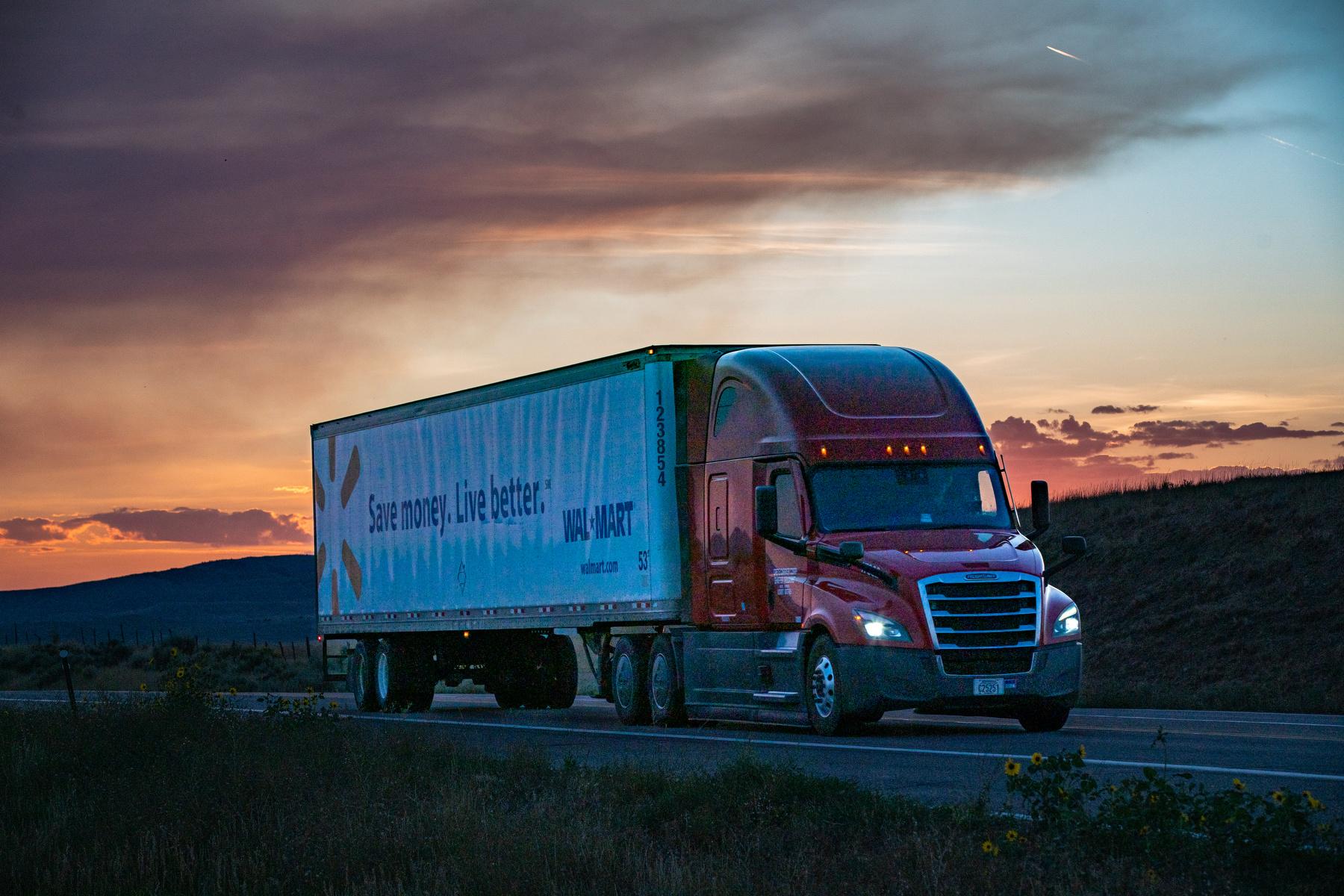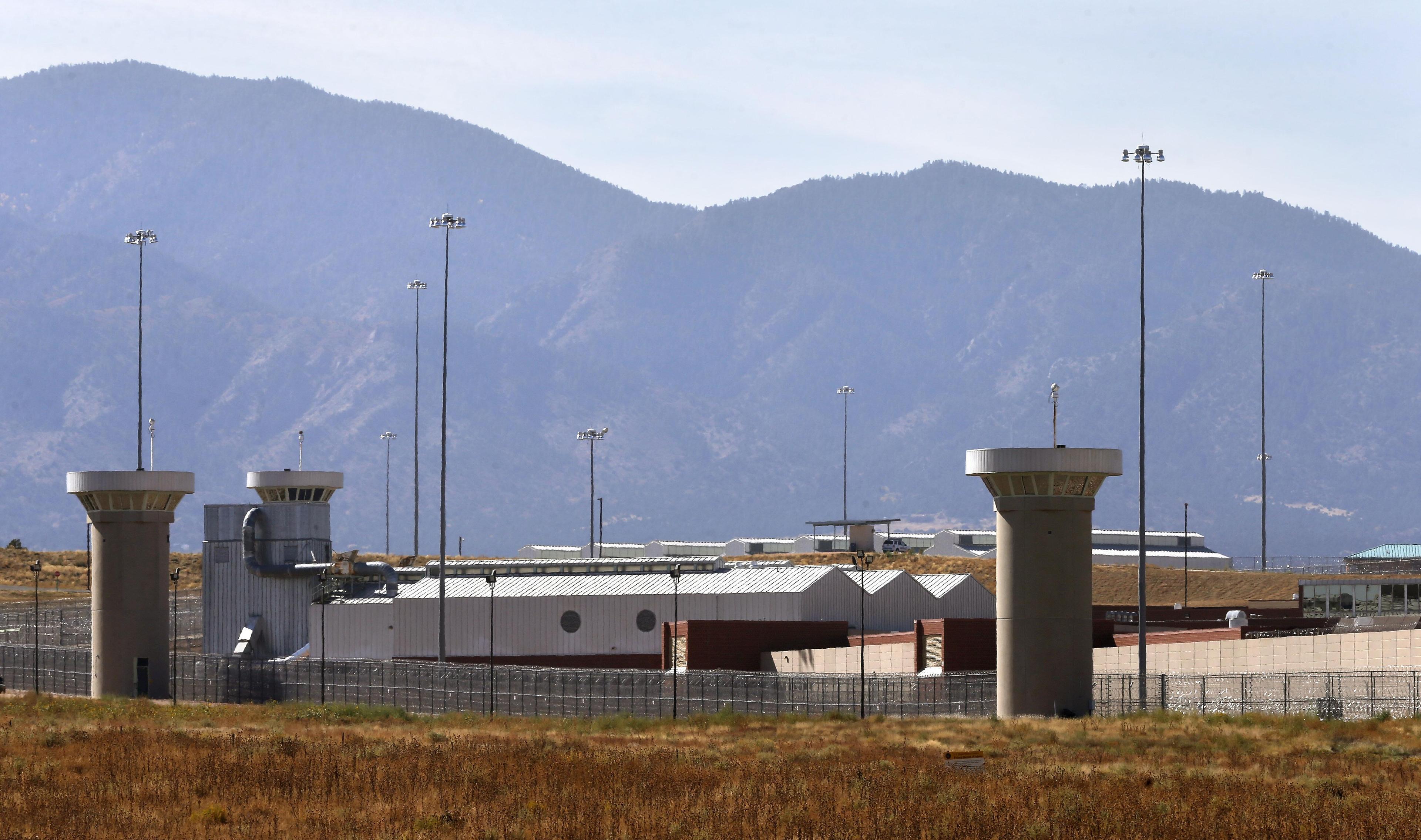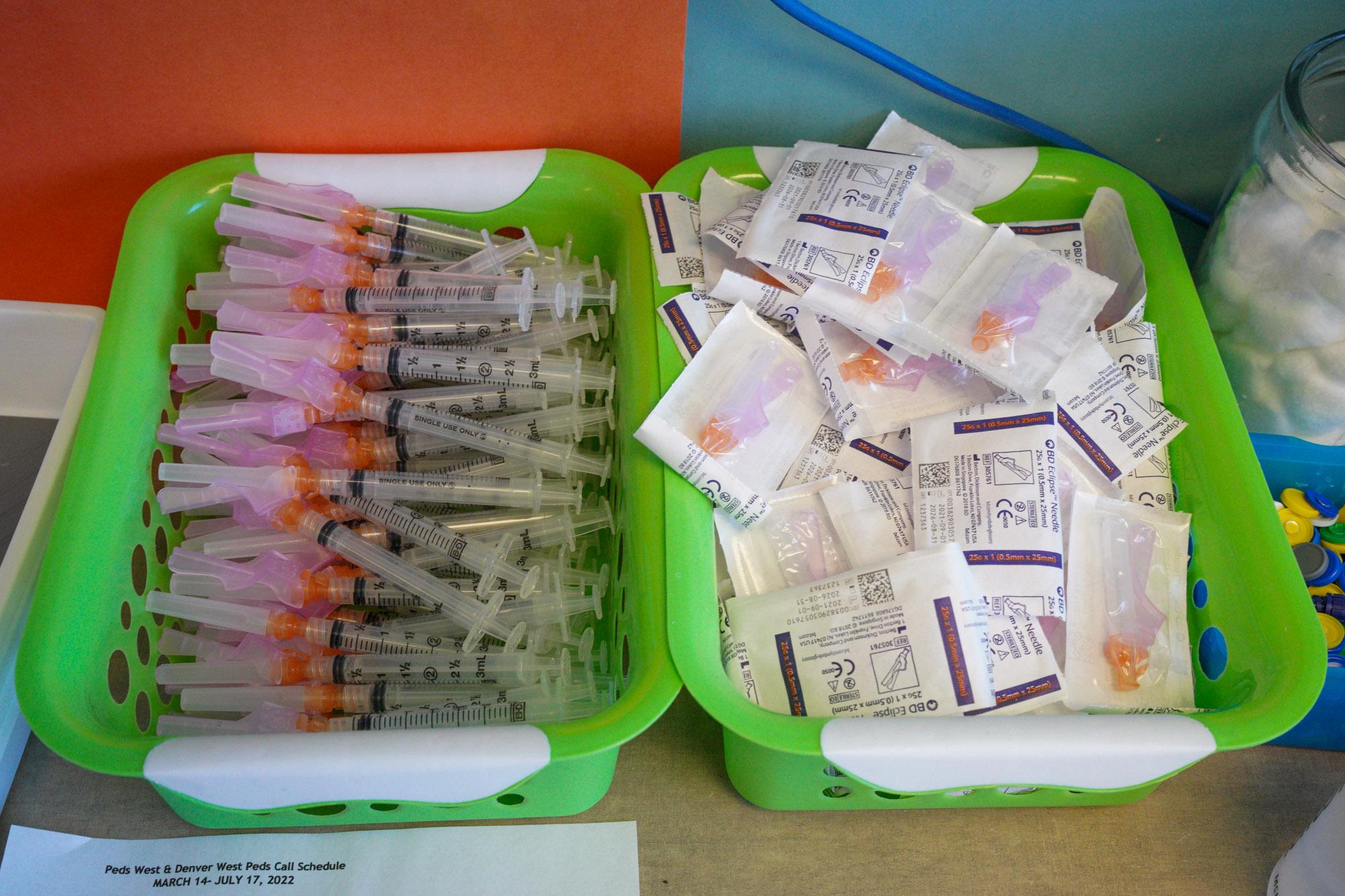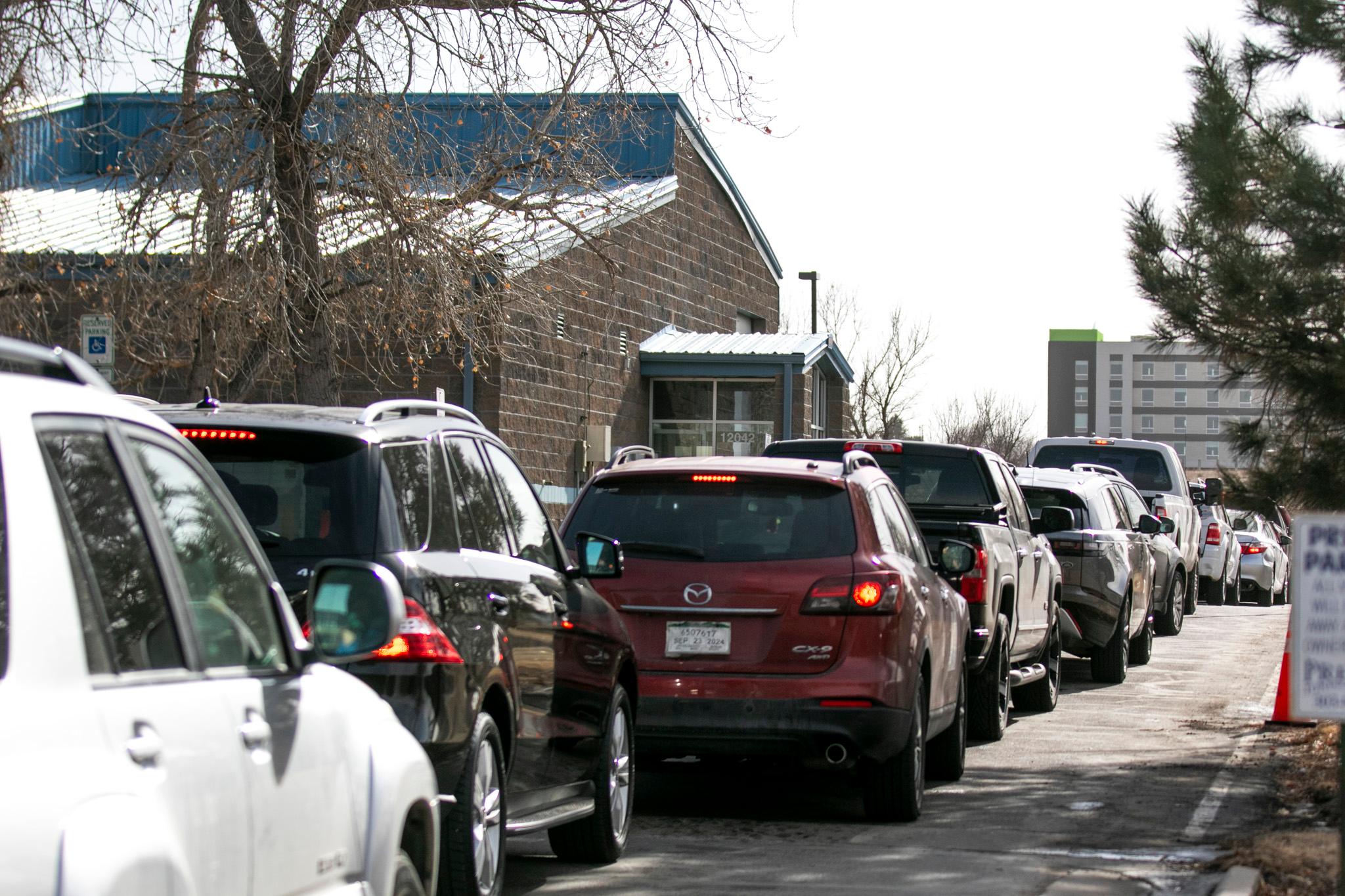
Colorado drivers used to waiting in long lines for their required emissions tests will have a new, hopefully more convenient option in 2026: self-serve kiosks open 24 hours a day.
The kiosk plan is part of two updates to the state’s vehicle emissions testing program approved by the Colorado Air Quality Control Commission earlier this week.
“The key piece of this is increased customer convenience for the motoring public,” said Steve McCannon, mobile sources program director for the Air Pollution Control Division at the state health department. “We know that we need to improve that. It’s a sign of the times. And we have a technology now that we can deploy.”
Emissions tests are required for drivers in the Denver metro and north Front Range because the region’s ground-level ozone levels are not in compliance with federal air quality standards. Along with the 18 brick-and-mortar Air Care Colorado facilities and the Rapid Screen roadside tests, the kiosks will be the third way drivers can clear emissions test requirements.
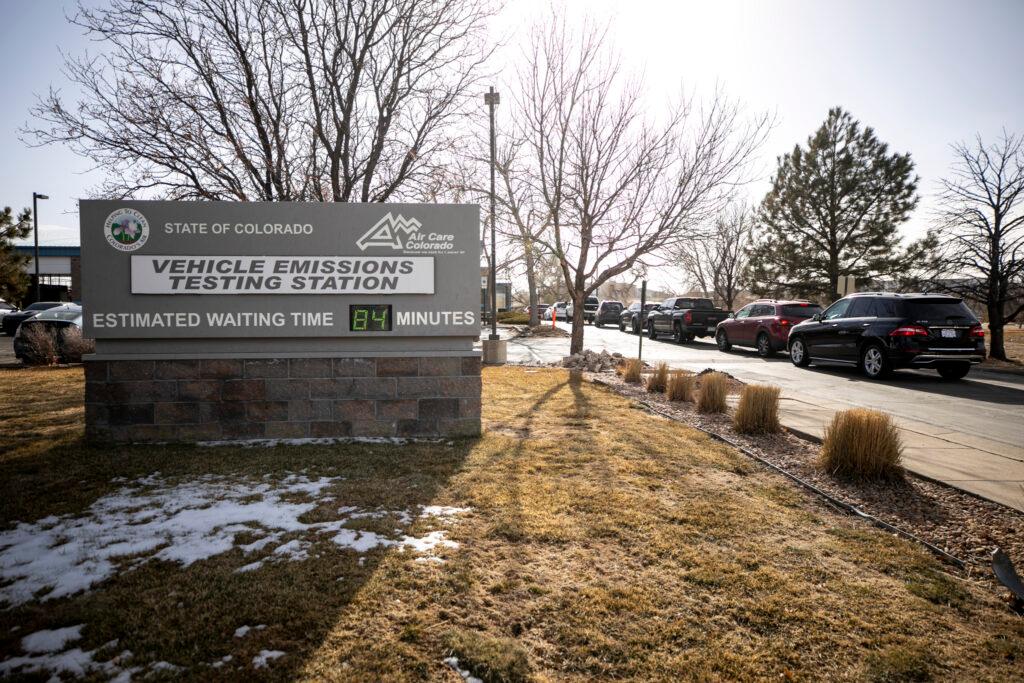
Drivers with cars between seven and 11 years old will be able to use the kiosk system. Each one will have an on-board diagnostic cord that drivers will plug into their vehicle to run a test. Drivers then will pay with a credit card and get a printout with their results.
“That’s it,” McCannon said, “It's going to pull a lot of volume out of the lanes.”
The state hasn’t yet determined how many kiosks there will be or where exactly they will be located, but McCannon said possible locations include existing Air Care Colorado sites and local government offices. The state Division of Motor Vehicles has already placed dozens of kiosks that allow drivers to renew their vehicle registrations and do other tasks at grocery stores and other locations.
The commission this week also approved more stringent standards for diesel vehicles that could limit rolling coal.
The opacity of diesel exhaust measures how well a vehicle limits smoke and other pollutants. The state is lowering its opacity standard from 40 percent to 20 percent measured over five seconds.
Officials expect the stronger standards will result in about 500 more diesel-powered vehicles failing the opacity test each year and will either have to be repaired or taken off the road.
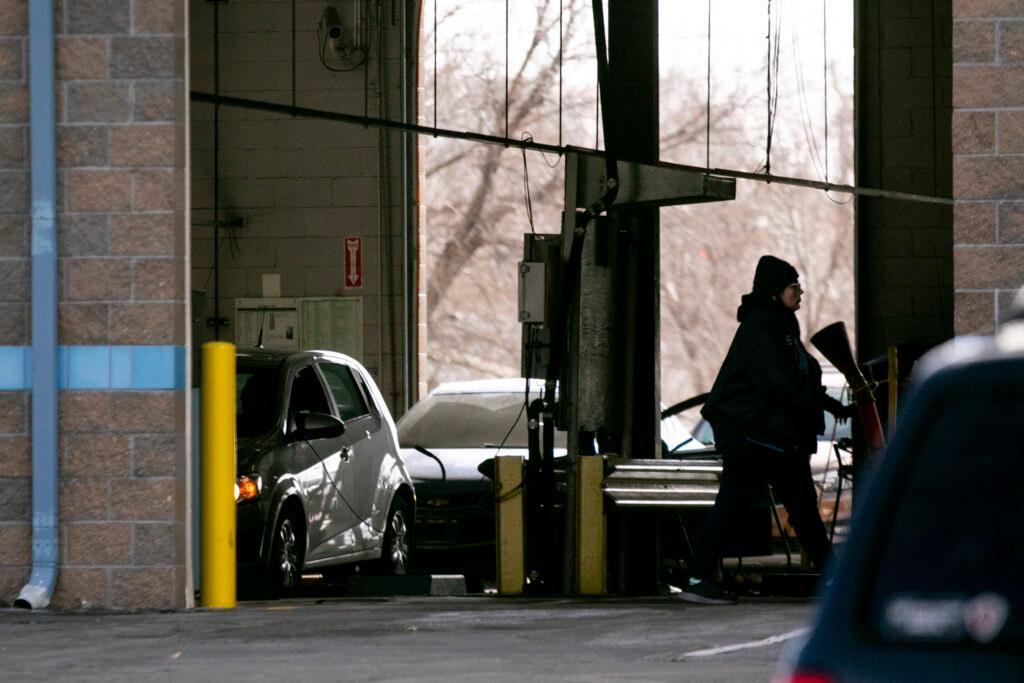
Some of those failures will likely be vehicles that were tampered with to purposefully spew black smoke from their exhaust.
“It will catch some coal rollers,” McCannon said.
Colorado legislators outlawed “rolling coal” years ago, but as of last year just 43 citations had been issued under the law.



